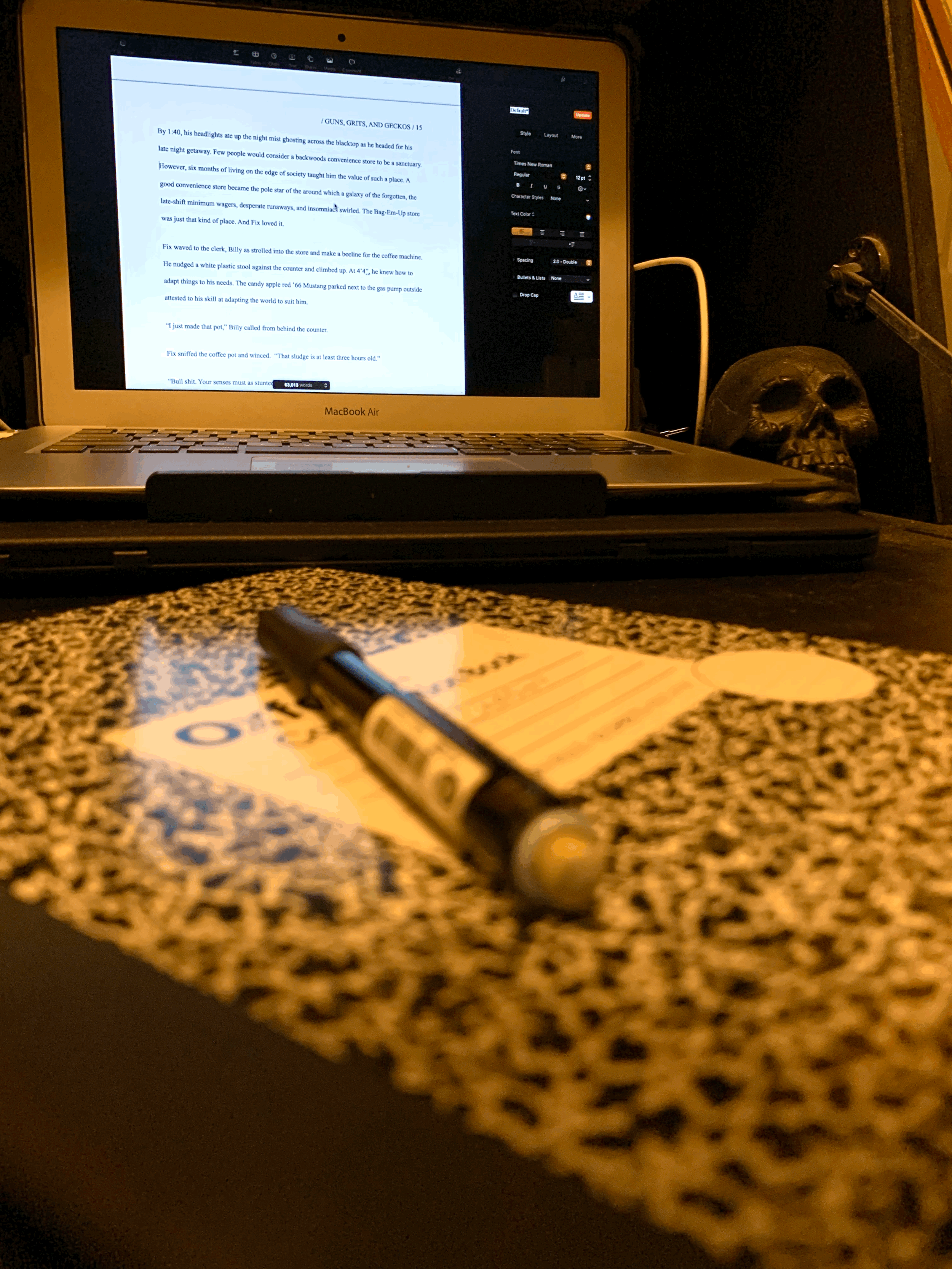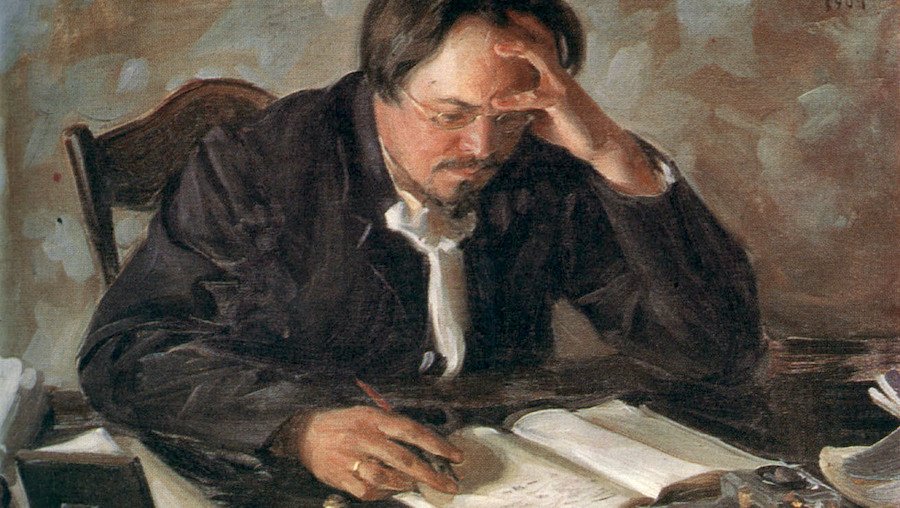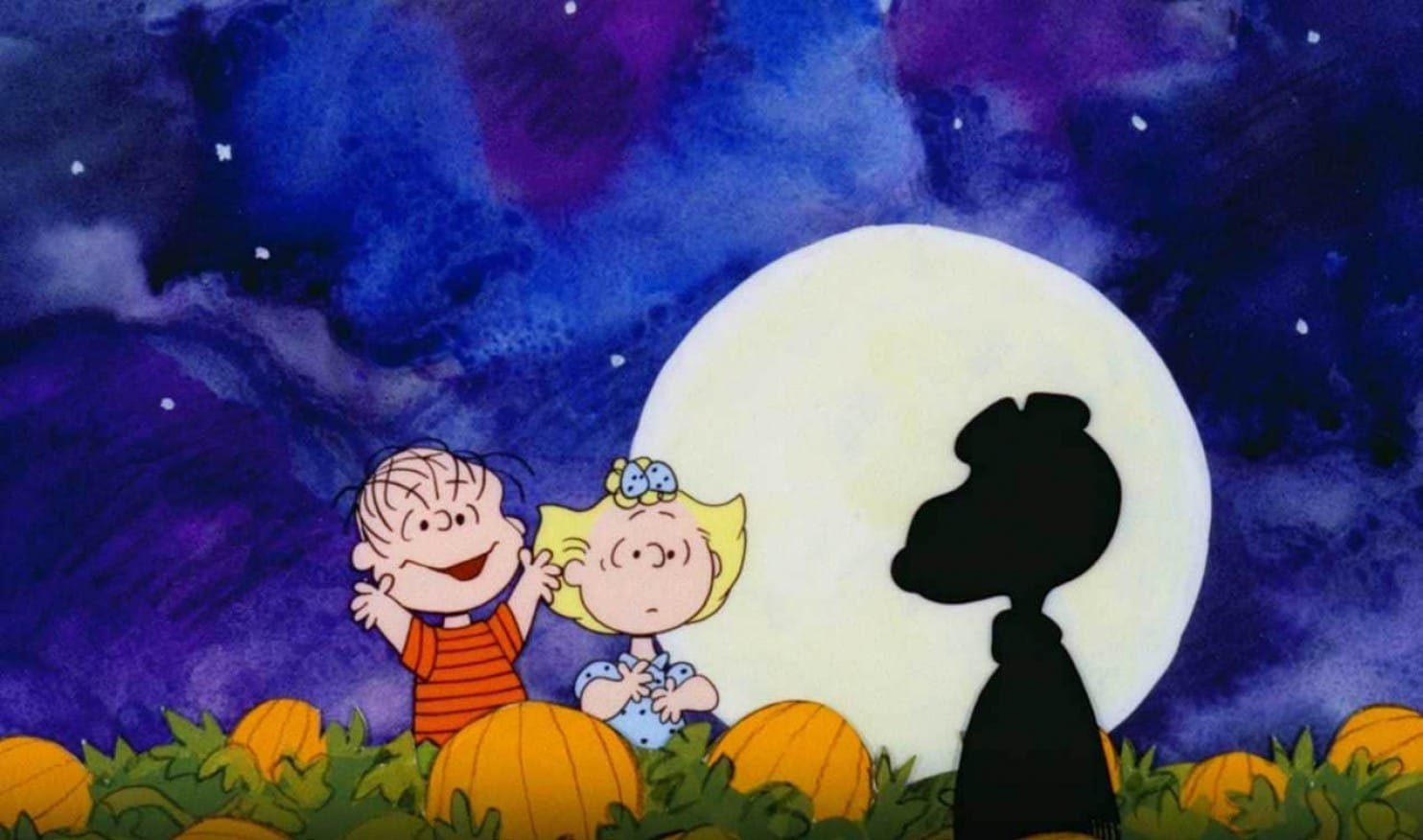Books live and die by them. Authors both love and hate them. Yes, we’re talking about the book review. A review is simply when a writer or reader decides to praise or pan a book based on their subjective opinion of what they read. And that’s what it is, an opinion. And as my dad always colorfully stated it, “Opinons are like ass*****, everybody has one”.
Being a bookseller as well as a writer, I write reviews. I have a Twitter account just for reviews (@mini_bookreview). Although, I’m woefully behind on posting reviews there. Writing has been taking a front seat this year. Still, I do use that Twitter account to re-tweet other authors, publishers, and bookstores. Occasionally, I’ll have a short review posted in the bookseller review space in the San Diego Union Tribune newspaper.
Unlike some book reviewers, I don’t post bad reviews. As I mentioned at the start, a review is an opinion. Granted, it may be a learned opinion, but an opinion none the less. As such, I refuse to trash a writer’s work just because it didn’t fit my needs or expectations. There are too many good books to say good things about. So, I stay on the positive side. When I post a review, I tag the author as well as their publisher.
Now, remember, I’m a writer as well. So, I long to get a good review on what i’ve written. Don’t believe any author that says a bad review doesn’t affect them. Unless you’re an AI program, you care about what readers think about what you’ve written. Since I’ve only published two short stories in anthologies, my exposure to reviews is limited. Thankfully, I have not received a bad review. However, I’m sure when my novel finally gets published, there will be folks who don’t like it. They might not like it enough that they’ll even take time to write a bad review. It’s part of the game.
What I can’t abide are two types of reviews:
THE HATCHET JOB REVIEW: This is the type of review where a person goes after an author simply because they don’t like them or what they’re writing about. Often, you can tell they haven’t even read the whole book. They’re just pissed at the world and want to take it out on a writer. You’ll often find them lurking in the shadows of Amazon or it’s subsidiary, Goodreads. They’ll toss out a 1 star review and state they wish that they could give it a negative 4 stars. Take these reviews with a grain of salt.
THE MAMA REVIEW: This is the type of review that you would expect one’s mother to write. It has nothing to say except that the writing is the best thing out there and everyone should buy one for themselves and all of their friends and relatives. I dislike this kind of review because I can’t trust it. If the reviewer has the same last name as the author, beware. I get it. Everyone wants to help out their friend or family member get good reviews. But, if you’re not being honest, the reader that takes your advice and finds it was a whitewash, they’re going to be pissed at you and the writer. So much for more sales.
Listen, their are two important things that you can do for an author. First, buy their book. That’s right. Don’t ask them for a comp copy unless you’re a professional reviewer. Most writers are doing it for money. Yeah, we love the writing. However, we all want to get paid. The easiest and least expensive thing that you can do for a writer is to read their book and post a well-reasoned and honest review. It will make the writer believe that they’ve not wasted their time and it might get them some extra sales. And like I mentioned above, tag their publisher in the review as well. If their self-published, hashtag the genre in which they write.
So, please take the time to give writers some feedback. It means a lot. However, like your mama said, “If you can’t say something good about someone, keep your mouth shut.
Thanks for reading.













